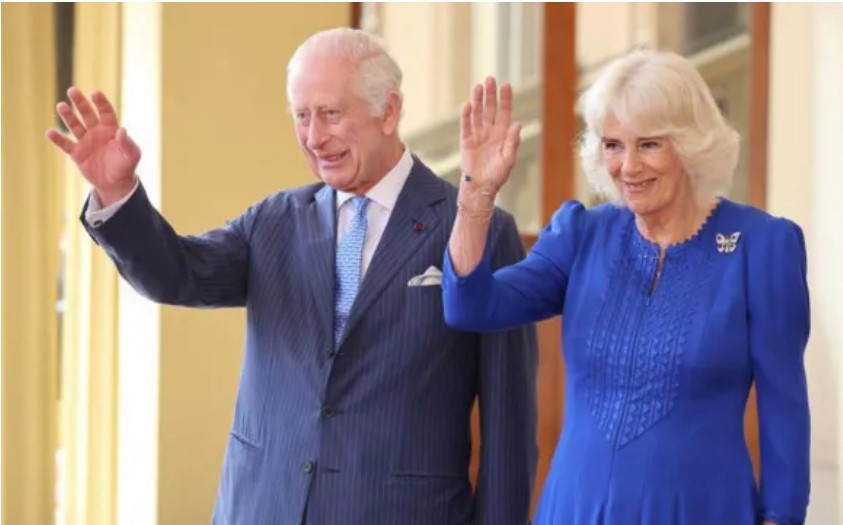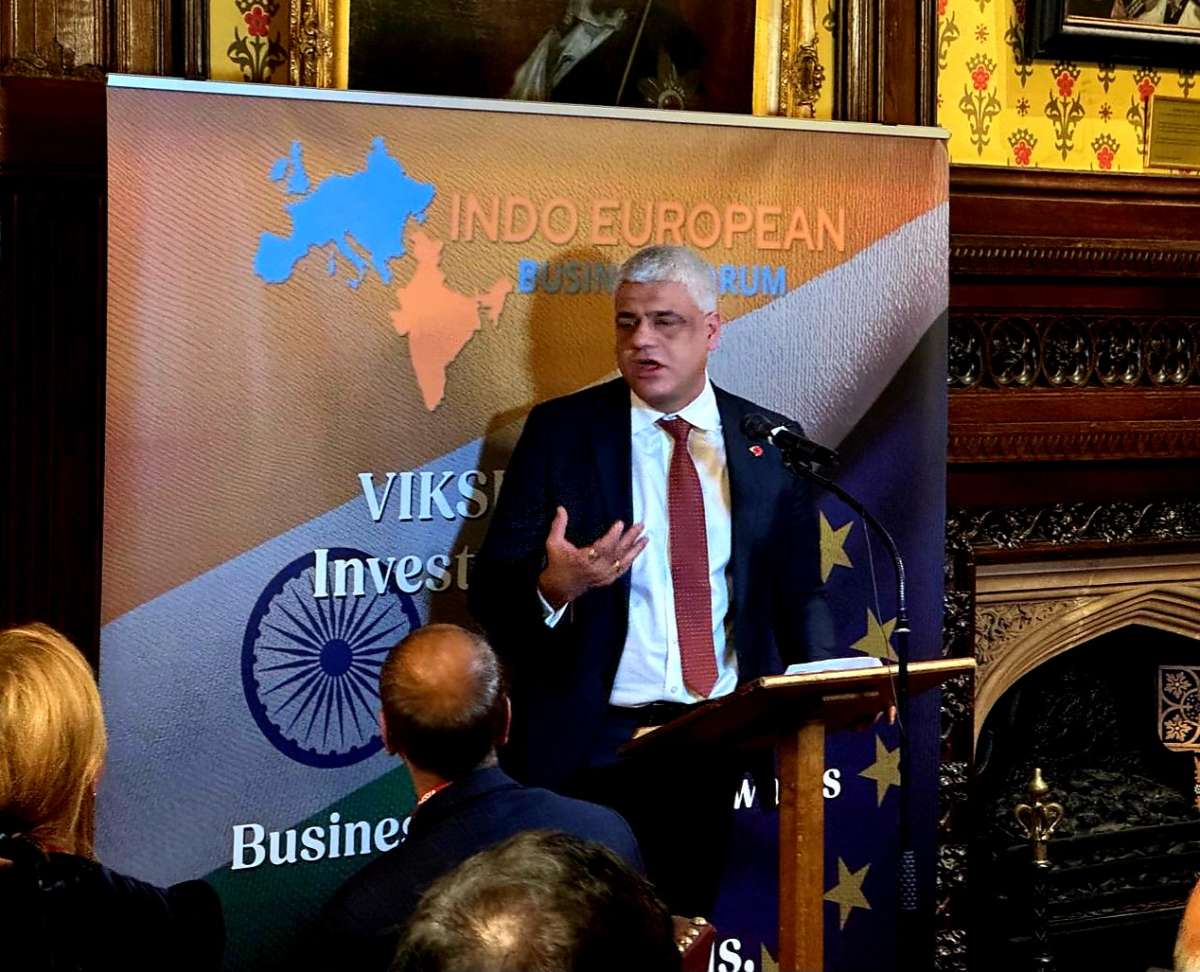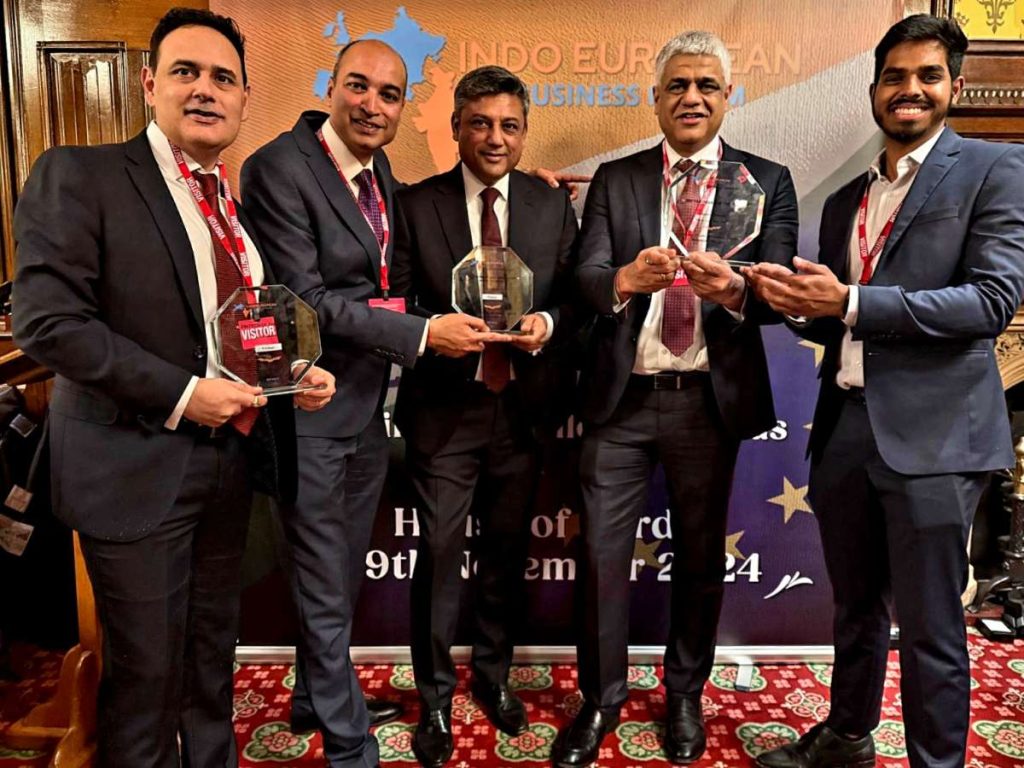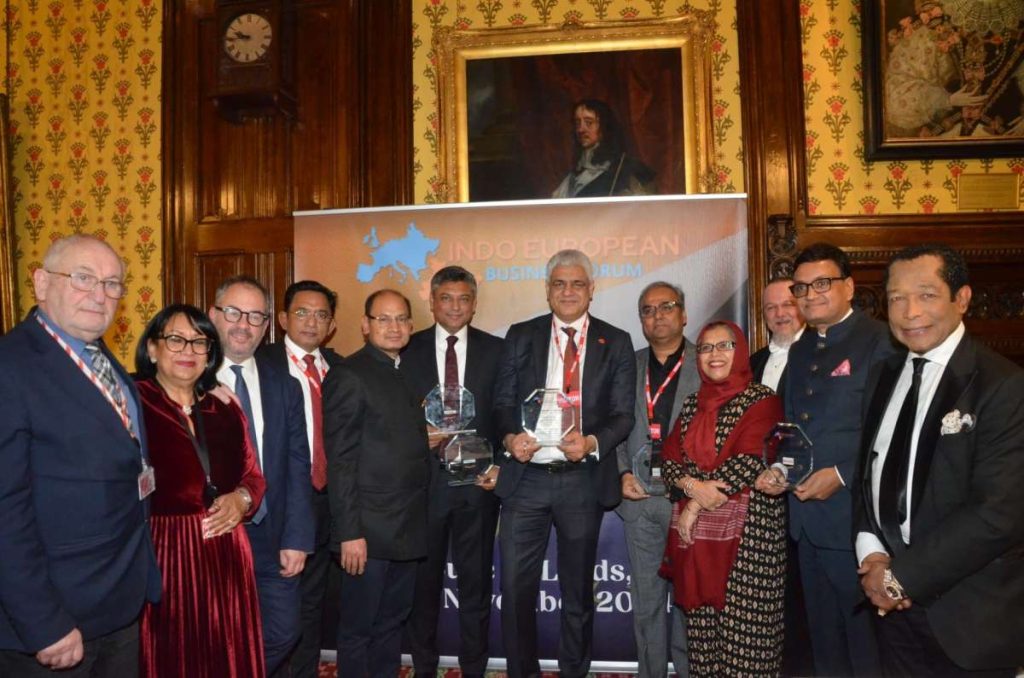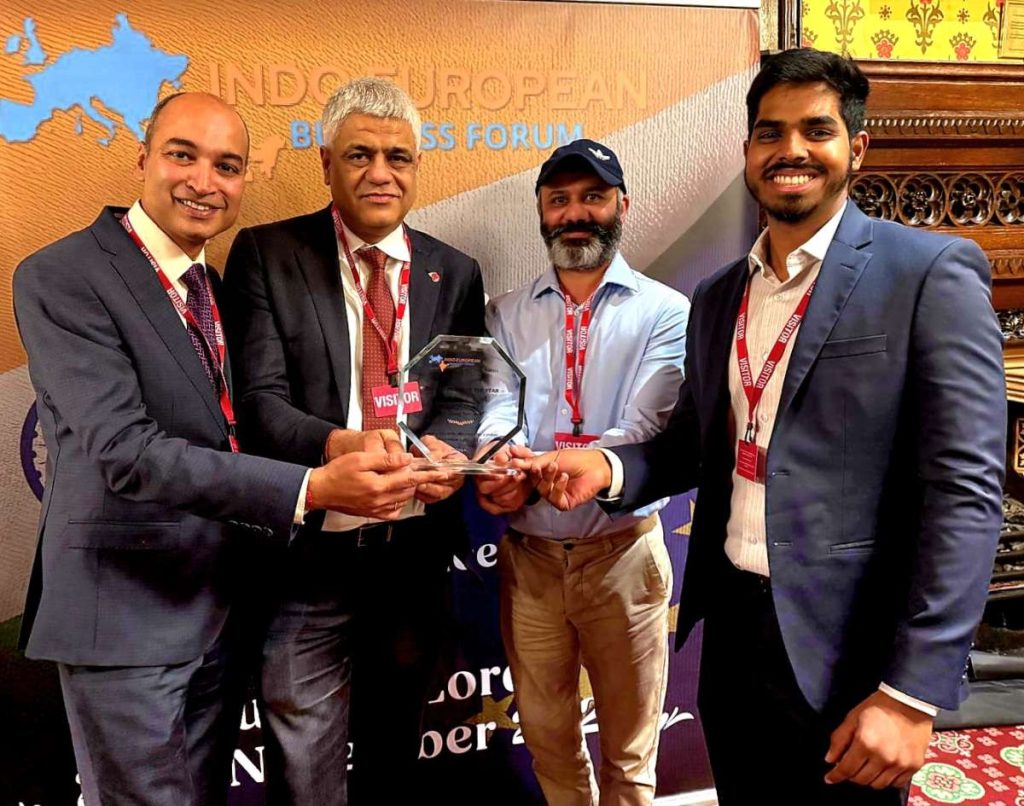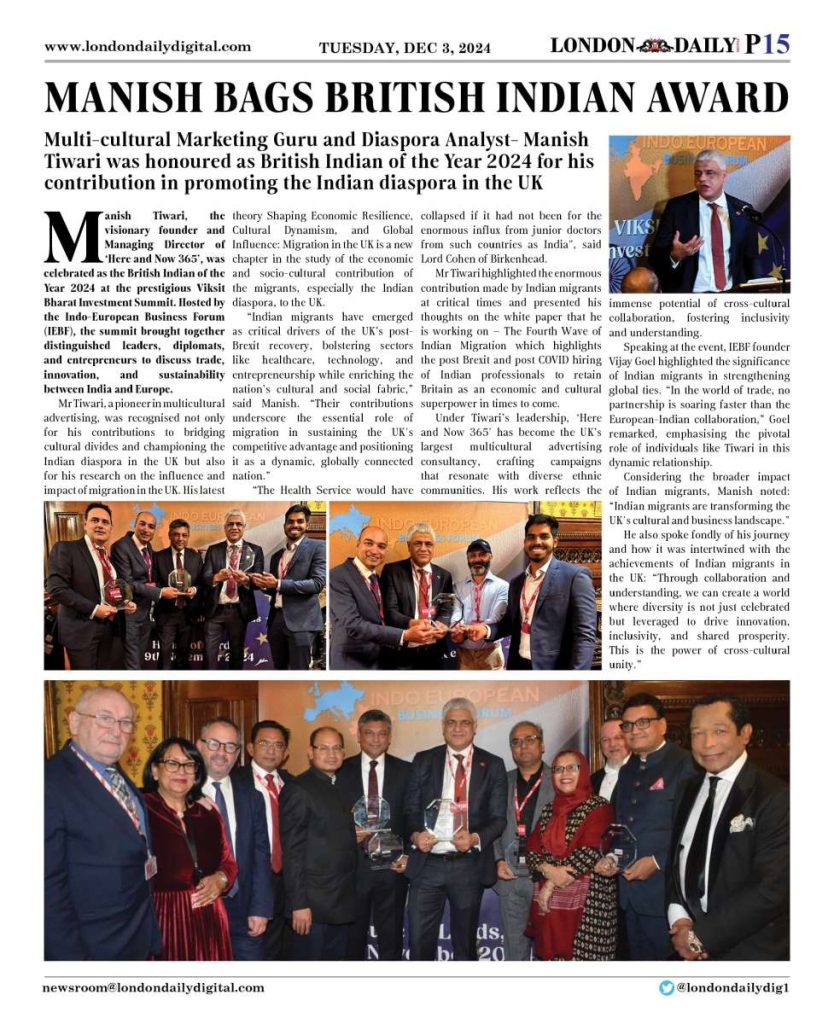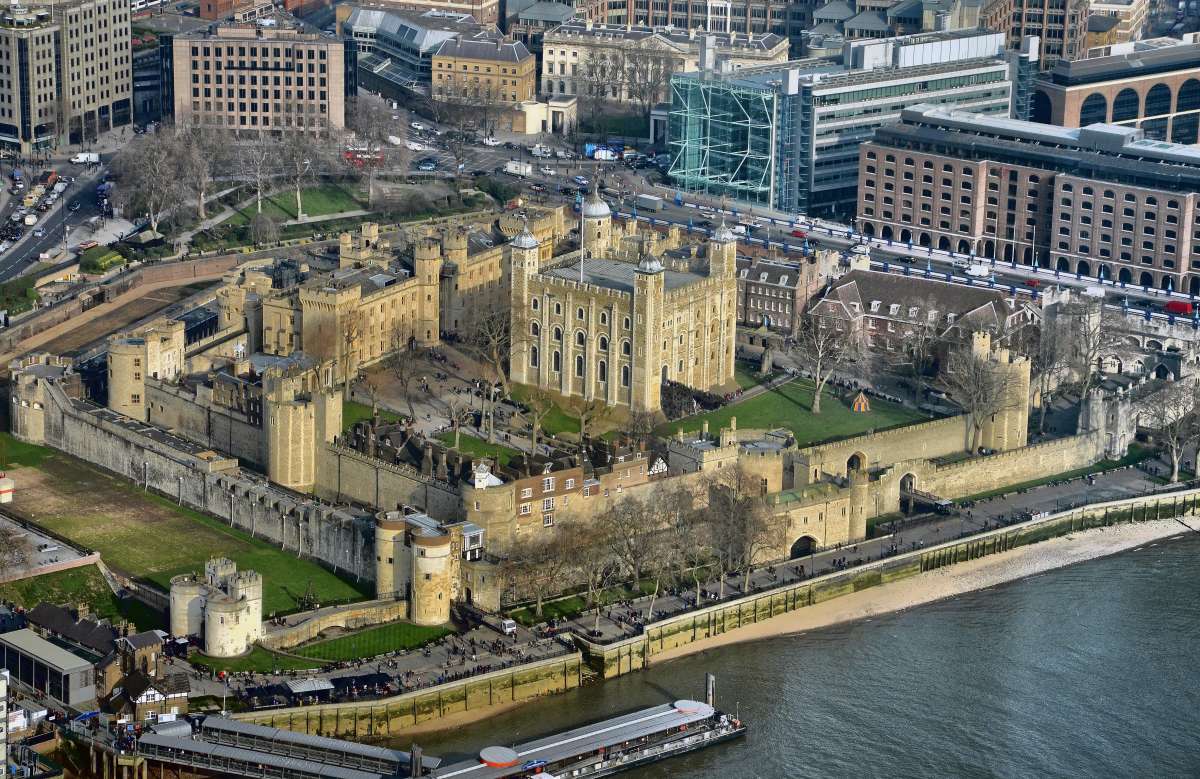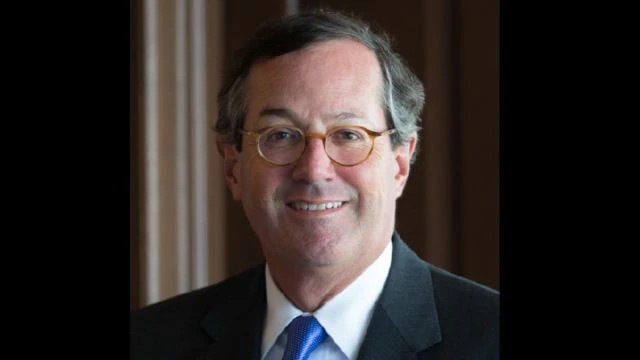Designers must commit to ditching skins of animals such as crocodiles and snakes from 2025…reports Asian Lite News
London fashion week has become the first of the four main fashion weeks to ban exotic animal skins from shows from 2025 – the biggest industry event to do so.
All designers staging fashion shows at the event will have to commit to ditching skins of animals such as crocodiles, alligators and snakes from their collections. The ban was announced by the British Fashion Council’s deputy director for policy and engagement, David Leigh-Pemberton, in a speech to parliament this week.
The move follows the ban on fur, which was first promised by the BFC’s chief executive, Caroline Rush, in 2018, and formally put in place in December 2023. Within the “big four” fashion weeks – New York, London, Milan and Paris – the British capital has been more progressive when it comes to animal materials. London was the first to ban fur and is now the first to ban exotic skins, and follows smaller but increasingly influential events such as Melbourne fashion week and Copenhagen fashion week. By contrast, fur is still seen at shows in Milan and Paris.
Animal rights campaigners welcomed the development. “We celebrate this important progress,” said Emma Håkansson, the founding director of Collective Fashion Justice. Dr Charlotte Regan, a wildlife campaign manager at World Animal Protection UK, said the announcement sent an “important message throughout the global fashion industry that exploiting animals for their skins is both unethical and unnecessary.
“Millions of animals continue to suffer and die for fashion when there are so many innovative and exciting animal-friendly materials designers and clothing companies can choose to create with instead.”
Animal rights campaigners would also like to see a ban of feathers, which are sometimes “live-plucked” from birds, causing pain and distress. Regan said: “With both fur and now wild animal skins banned from London fashion week, our attention turns to the use of wild bird feathers in fashion. We look forward to working with the British Fashion Council on the last step of their journey to being a completely wildlife-free event.”
Copenhagen fashion week announced in April that it would ban feathers from its shows from 2025. London fashion week is heavily dominated by emerging designers so the ban may be easier for it to implement, according to the Business of Fashion website, as it is “the leather goods powerhouses that more often use exotic [skins] in their collections”.
Feathers are perhaps a trickier proposition because they are used so frequently by designers as trimming on clothing. It is also harder to ascertain real from faux. In 2023, it was discovered that retailers including Boohoo and Selfridges had mislabelled real feathers as faux.
A press statement from the British Fashion Council described the ban as part of a wider package of standards under the organisation’s Institute of Positive Fashion which works across social, environmental and sustainability programmes, partly to reflect the changing feelings of the fashion industry in London.
“We know that many of our designers have strong ethics and are working towards more sustainable practices and accurate measurement,” it read. “We are committed to providing our network with tools and resources to help them on this journey. As part of this, discussions are taking place around the use of feathers on the catwalk.”
ALSO READ: UK, US, France, Germany urge ‘de-escalation’ in Syria

